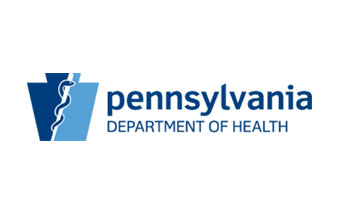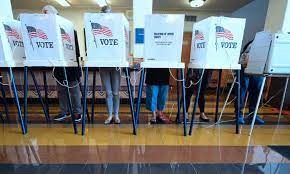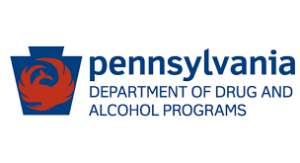PA Health Policy Update for January 19
The following is an update of selected state health policy developments in Pennsylvania from January 15 – 19. (Some of the language used below is taken directly from state documents).
Governor Shapiro
The Shapiro administration has issued a press release touting Act 32 of 2023, formerly Senate Bill 500 sponsored by Senator Michelle Brooks, which went into effect this week. Act 32 of 2023 increases access to pasteurized donor human milk by expanding the number of health conditions eligible for Medicaid-covered donor human milk.
General Assembly
The state House of Representatives and Senate are in recess until Tuesday, February 6 when they will convene for Governor Shapiro’s annual budget address.
The state House of Representatives and Senate have released their respective FY 2024-2025 budget hearing schedules. Find the House Appropriations Committee’s schedule here and the Senate Appropriations Committee’s schedule here.
Department of Human Services
The Department of Human Services (DHS) has issued a Medical Assistance Bulletin to advise enrolled Medical Assistance program providers who prescribe and supply pasteurized donor human milk (PDHM) of changes in coverage conditions for PDHM and requirements for enrollment as a human milk bank.
Department of Health
The Department of Health (DOH) has issued a Health Advisory (PAHAN – 734) in follow-up to PAHAN 730 regarding high levels of chromium, in addition to lead, in cinnamon
samples and recalled applesauce pouch products, including WanaBana, Schnucks, and Weis
brands. DOH has advised patients and providers that a general clinical work-up
for anemia would be appropriate, since this is the health effect associated with the duration of exposure, if patients or clinicians are concerned or suspect chromium overexposure.
Medicaid Continuous Coverage Unwinding
- DHS has announced the launch of a survey to collect feedback from Medicaid enrollees about their experience completing their annual renewal. The survey is being conducted in partnership with the University of Pittsburgh’s Medicaid Research Center, and feedback collected will be used to inform renewal outreach strategies moving forward. Participants will be contacted via text message.
- DHS is maintaining an online dashboard with Medicaid continuous coverage unwinding data. The data on this dashboard tracks the renewal process by county and zip code. Additional updates and resources about the Medicaid eligibility renewal process may be found here.
- DHS has published the following resources to help providers educate patients about Medicaid renewals and what to do if they are no longer eligible for Medicaid.
Stakeholder Events
DHS – Consumer Subcommittee of the MAAC – January 24
The Consumer Subcommittee of the Medical Assistance Advisory Committee (MAAC) will be held on Wednesday, January 24 at 1:00 p.m. Find details on how to participate here.
DHS – Medical Assistance Advisory Committee – January 25
The MAAC will hold a public meeting on Thursday, January 25 at 10:00 a.m. The meeting will be held virtually. Find details on how to participate here.
Patient Safety Authority – January 25
The Patient Safety Authority has announced that it will hold a virtual public meeting on Thursday, January 25 at 1:00 p.m. Additional details on how to participate can be found in this Pennsylvania Bulletin notice.
DOH – HIV Community Prevention Planning Committee – January 31
The Human Immunodeficiency Virus (HIV) Community Prevention Planning Committee will hold public meetings on Wednesday, January 31 from 9:00 a.m. to 5:00 p.m. and on Thursday, February 1 from 9:00 a.m. to 4:30 p.m. The meetings will be held in person and virtually. Find additional information in this Pennsylvania Bulletin notice.
DOH – Organ Donation Advisory Committee – February 1
The Organ Donation Advisory Committee will hold a public meeting on Thursday, February 1 from 10:00 a.m. to 1:30 p.m. The meetings will be held in person and virtually. Find additional information in this Pennsylvania Bulletin notice.
DOH – Brain Injury Advisory Board – February 2
The Brain Injury Advisory, formerly the Traumatic Brain Injury Advisory Board, will hold a public meeting on Friday, February 2 from 10:00 a.m. to 3:00 p.m. The meeting will be held in person at the Pennsylvania Training and Technical Assistance Network (6340 Flank Drive, Harrisburg, PA 17112) in the Cambria conference room. Find additional information in this Pennsylvania Bulletin notice.






 Governor Shapiro
Governor Shapiro 



